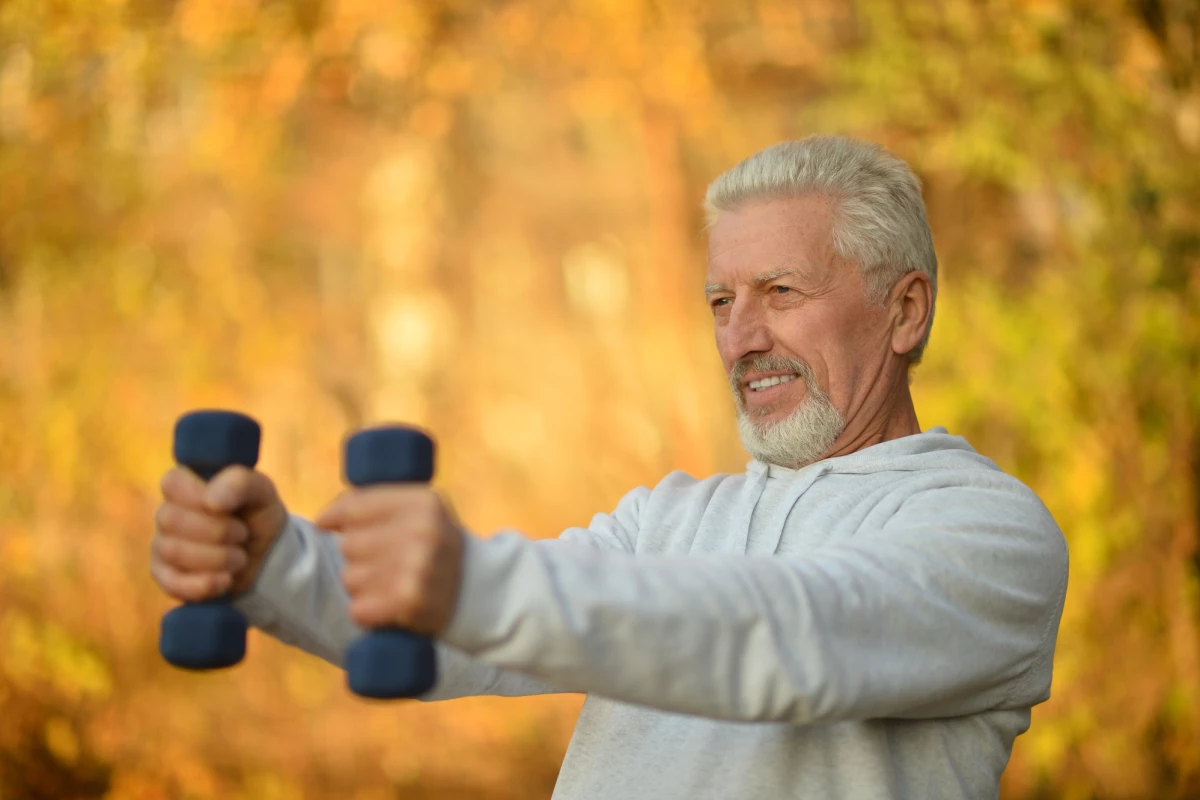It is said that our metabolism slows down as we age, creating the perception that it can be harder to shed excess pounds as we grow older, but a new study has contradicted this school of thought. Researchers examining the results of a weight loss regime driven by lifestyle changes in folks over 60 years old has found they lost just as much weight as a group under 60, suggesting this approach can be effective at tackling obesity regardless of age.
“There are a number of reasons why people may discount weight loss in older people,” says lead author of the new study, Dr Thomas Barber from the University of Warwick. “These include an ‘ageist’ perspective that weight-loss is not relevant to older people and misconceptions of reduced ability of older people to lose weight through dietary modification and increased exercise. Older people may feel that hospital-based obesity services are not for them.”
Barber and his team retrospectively examined data from a hospital-based obesity service designed to drive weight loss through lifestyle interventions. This involved a total of 242 randomly selected patients who took part in the service between 2005 and 2016, with the researchers splitting them into two groups – one made up of people under 60 years of age who spent an average of 41.5 months in the program, and one consisting of people aged between 60 and 78 who spent an average of 33.6 months in the program.
The service relied on lifestyle changes such as diet, encouragement of physical activity and psychological support, which were tailored to each patient, though most of those enlisting in the service were morbidly obese at its outset. All had their body weight measured before and after the program, allowing the researchers to calculate a percentage reduction as a result of it.
The differences in the results were strikingly similar, with the group 60 years and above reducing their body weight by 7.3 percent on average. The group below 60 years of age, meanwhile, reduced their body weight by 6.9 percent on average.
The researchers hope studies of this type can help dispel myths about the difficulties of losing weight as an older person, and lead to better awareness around how to tackle co-morbidities of obesity such as diabetes, anxiety and osteoarthritis through weight loss.
“Age should be no barrier to lifestyle management of obesity,” says Barber. “Rather than putting up barriers to older people accessing weight loss programs, we should be proactively facilitating that process. To do otherwise would risk further and unnecessary neglect of older people through societal ageist misconceptions.”
The research was published in the journal Clinical Endocrinology.
Source: University of Warwick




